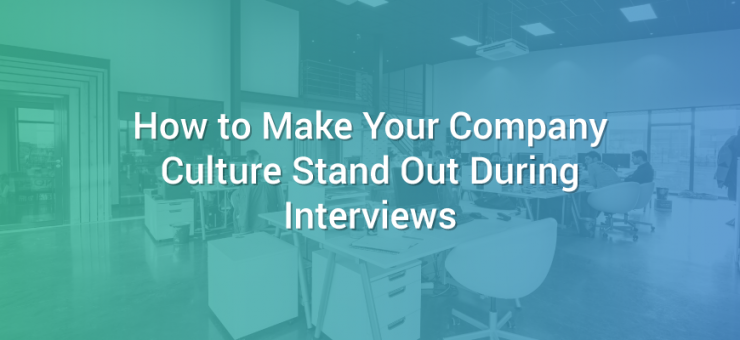Culture, in general, is defined as the beliefs, values, and practices shared by a particular group of people. As such, company culture represents beliefs, values, and practices shared by a company’s employees.
Every company has its own specific culture. It shows through the way their employees and people in charge communicate and do business with those within and outside the company, such as clients and external partners. It’s not always shown in a written form – it’s usually a set of rules, including the way the company hires people, how it makes decisions, and resolves issues and differences in attitudes.
Company culture can also affect how a potential employee sees your company. Today’s market is crowded with work opportunities, meaning that many new talents have a lot of choices when it comes to where they work next. Companies compete against each other in attracting new talent, and their company culture is how they can stand out even during the interview with a candidate. Careful arrangement of your interview structure can make you the number one company a skilled candidate would like to work in. Here’s how to do it:
1. Your interview style should set the tone of your company culture
The first impression really tells candidates a lot about a company. Pay attention to where and how you organize the interview. Maybe you’ll choose to meet in the conference room, or maybe you think that the break room is the perfect place. Some companies choose to interview over Skype and some prefer a chat over coffee. Whatever it is, make sure it is in accordance with the overall style of the company.
2. Include your staff
No reason to let the whole interview be led by your HR department and line managers. Your staff can be really helpful in several ways. First of all, it will demonstrate your company culture to the candidate, where everybody assists and involved in the decision. It shows the candidate different departments and lets them meet people who they may get to work with. What’s even better, it will make it easier for you to decide which candidate would fit in best with your team.
3. Focus on the details
When you are expecting a candidate to show up for the interview, let everybody know. That way, you can plan out the whole process. Decide where the candidate will wait for the interview and who will escort them to the interview room. It shows the candidate you are thoughtful and organized.
The next step is deciding which parts of the company to show them. You may think it’s unnecessary, but it will give the candidate a better insight into what it would be like to work for you. You can create a comfortable atmosphere – choose the music played in the office, have another look at the decor and layout; see if the break room really offers things that help the employees relax, like a recliner massage chair or a ping pong table. The candidate needs to feel their free time will be appreciated.
4. Ask open questions, too
Of course, it is important to check your candidate’s previous experience and skills. However, open questions will allow them to show you more of what type of person they really are. Their personality won’t be so noticeable if you ask questions strictly focused on their skills. Letting them first know a few things about yourself will help them open up about themselves. It will also show them that your company culture includes open conversations and a relaxed atmosphere.
5. Don’t stick solely to the candidate’s CV
Of course, a CV is incredibly important when choosing the right candidate for the job. CVs are the one thing that will help you decide which candidates you want to interview and which won’t make it to the next round. Their education, qualifications, experience, and skills are what guide you into deciding whether it’s worth interviewing them.
However, if the CV was all that it takes for you to make the final decision, you wouldn’t be setting up the interview in the first place, right? The interview is an opportunity to show off your company’s goals, values, and achievements in order to make your company more desirable to the right candidate. In case you really like a specific candidate, you want to do everything possible to make them really like your company, too. So leave the CV aside at some point and have a real conversation with the candidate. You will learn a lot about them but here’s the trick, they will also learn plenty about you. The important thing is that they realize your company isn’t just about hiring nameless workers – you want to get to know the people who work for and with you.
Final notes
The interview with a candidate is a two-way street: it allows you to pick out the best people for the job and for your team but it also sells your company and you to the right person. If you invest your time into a high-quality interview, it will definitely help you end up with a valuable employee.
About the Author
 Emma Williams is an Australian writer with a master‘s degree in business administration, who has a passion for anything lifestyle and design related. She spends most of her time redecorating and participating in house projects. As a great nature lover, her biggest pleasure is spending time in a small cottage by the river.
Emma Williams is an Australian writer with a master‘s degree in business administration, who has a passion for anything lifestyle and design related. She spends most of her time redecorating and participating in house projects. As a great nature lover, her biggest pleasure is spending time in a small cottage by the river.









